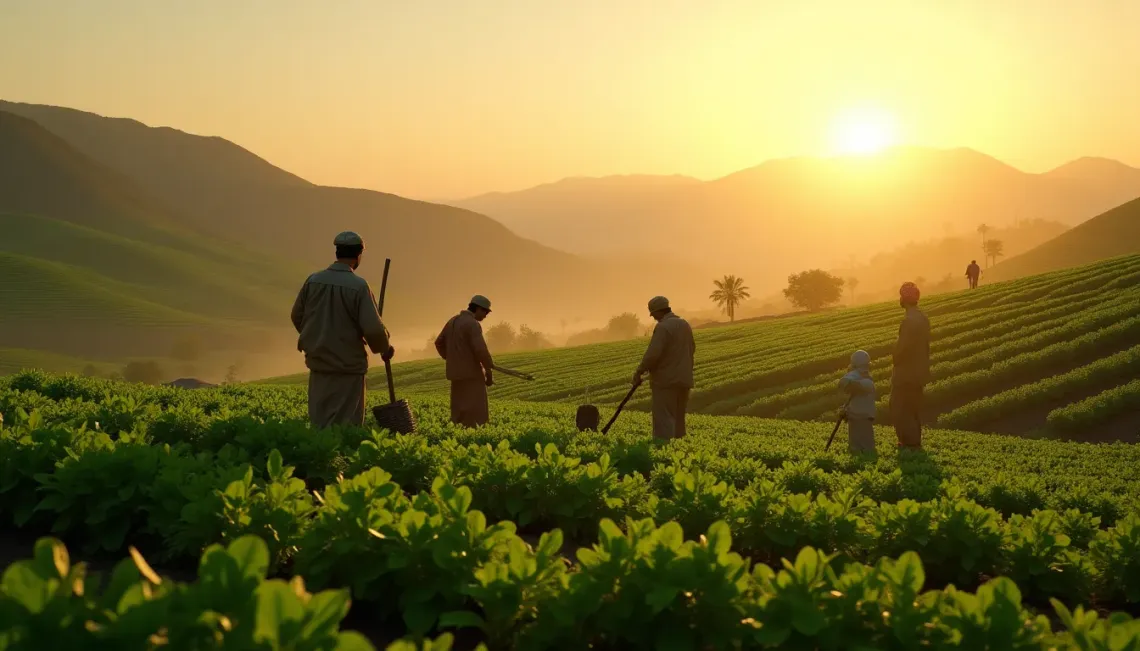Climate change is one of the most pressing challenges of our time, with far-reaching consequences on various aspects of human life, including food security. Food security exists when all people, at all times, have access to sufficient, safe, and nutritious food to meet their dietary needs and preferences for an active and healthy life.
Unfortunately, climate change poses a significant threat to food security worldwide. Here are some of the key impacts:
1. Changing Weather Patterns
Climate change is resulting in irregular weather patterns, such as increased frequency and intensity of extreme weather events like droughts, floods, and storms. These weather events can severely affect crop yields and livestock productivity, leading to food shortages and price volatility. Small-scale farmers, who are already vulnerable due to limited resources and lack of access to technology, are particularly at risk.
2. Decreased Crop Productivity
Rising temperatures, altered precipitation patterns, and increased occurrence of pests and diseases are all contributing to reduced crop productivity. For example, heat stress negatively affects crop growth and reduces yields, especially for staple crops like wheat, rice, and maize. This can lead to food shortages and higher prices, impacting the most vulnerable populations, particularly in developing countries.
3. Disrupted Food Supply Chains
Extreme weather events can disrupt food supply chains, causing delays in transportation, damage to infrastructure, and destruction of crops. These disruptions can result in food loss and waste, further exacerbating food insecurity. Additionally, changing rainfall patterns can affect water availability, impacting both irrigation for agriculture and drinking water supplies.
4. Loss of Biodiversity
Climate change threatens biodiversity, including the loss of plant and animal species that are crucial for maintaining healthy ecosystems. This loss of biodiversity can negatively impact agricultural systems, as it reduces resilience, pollination services, and natural pest control mechanisms. Without these ecosystem services, crop yields can decline, making it difficult to ensure food security.
5. Migration and Conflict
As food becomes scarcer, climate-induced changes in agricultural productivity can lead to migration and displacement of communities. This can increase social and political tensions, as competition over limited resources becomes more pronounced. Migration and conflict further exacerbate food insecurity, making it difficult for affected populations to access sufficient and nutritious food.
In conclusion, climate change has a significant impact on food security globally. The changing weather patterns, decreased crop productivity, disrupted food supply chains, loss of biodiversity, and resulting migration and conflict all contribute to increasing challenges in ensuring access to adequate food for everyone. Urgent collective action is needed to mitigate the effects of climate change on food security and build resilience within agricultural systems.




